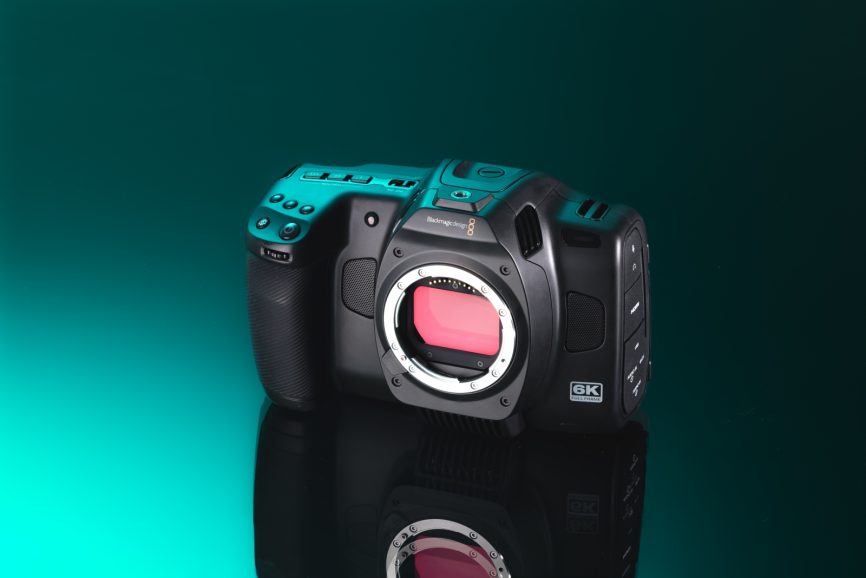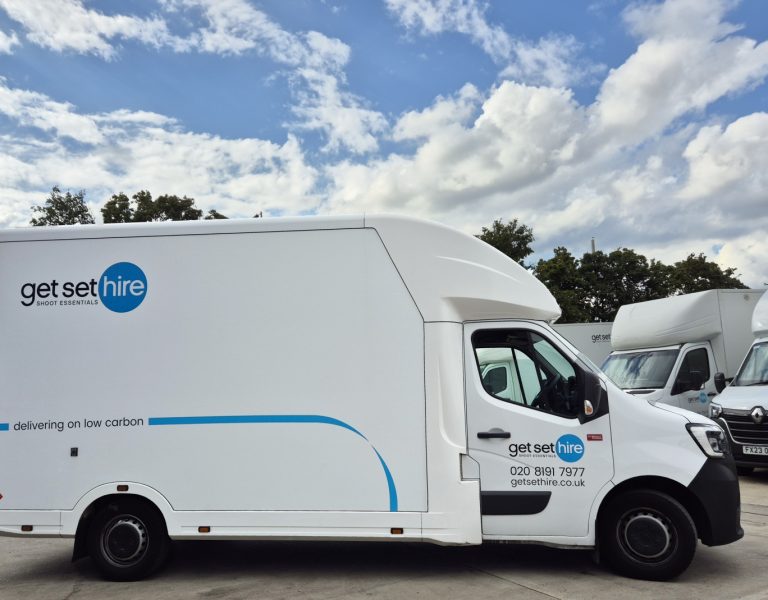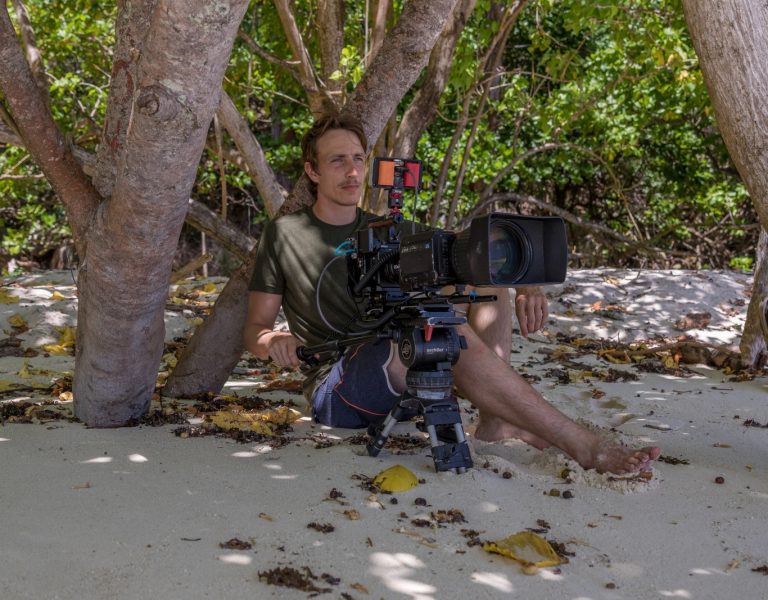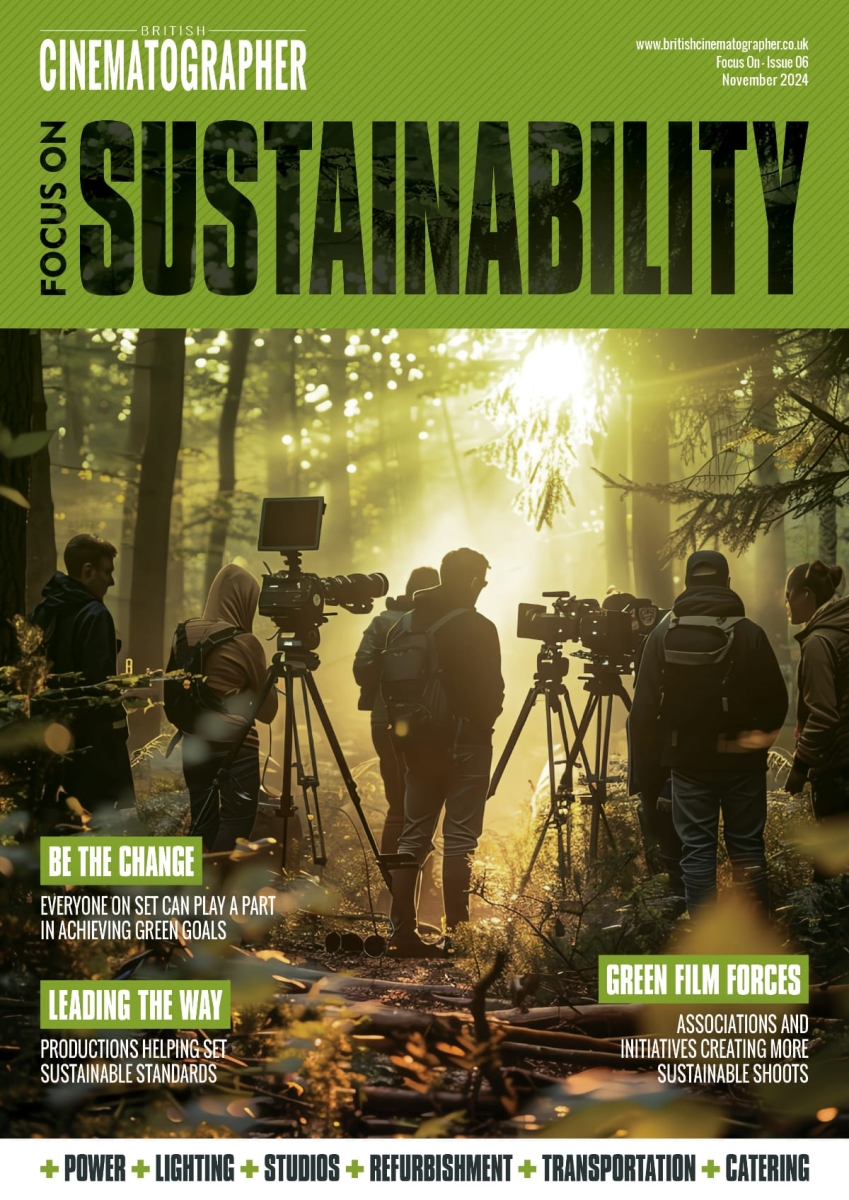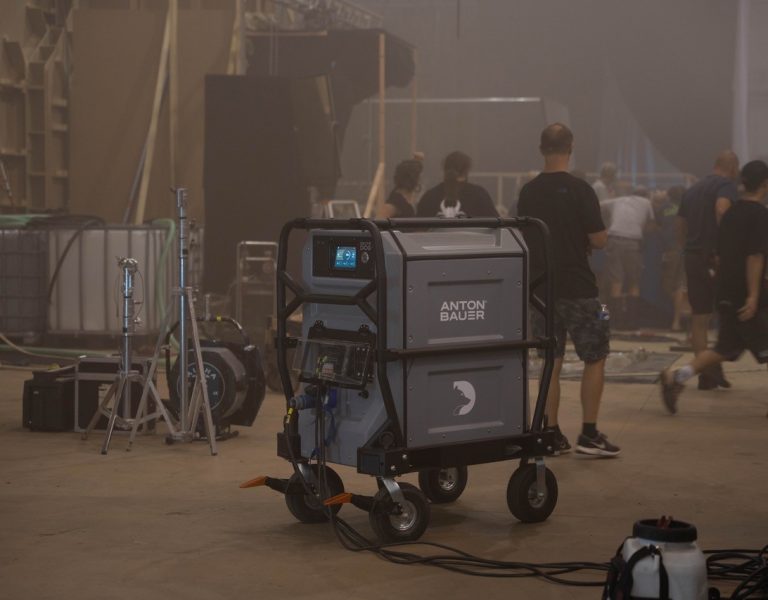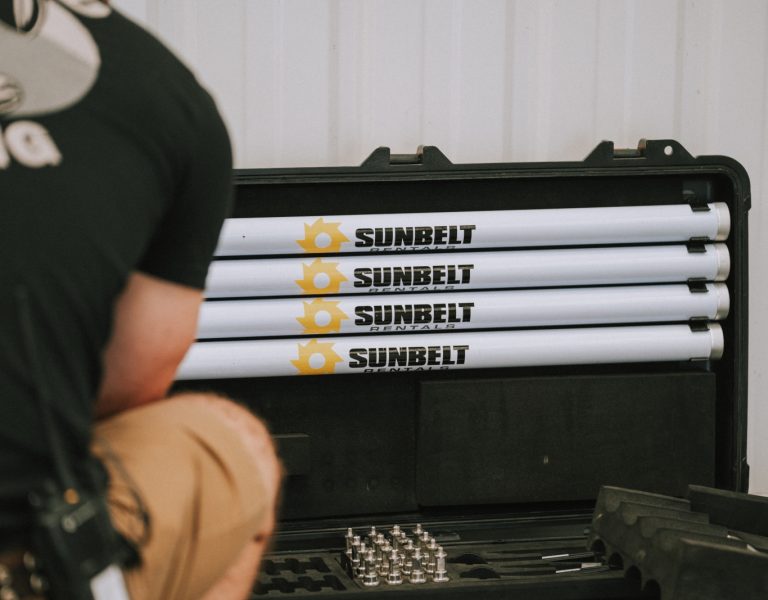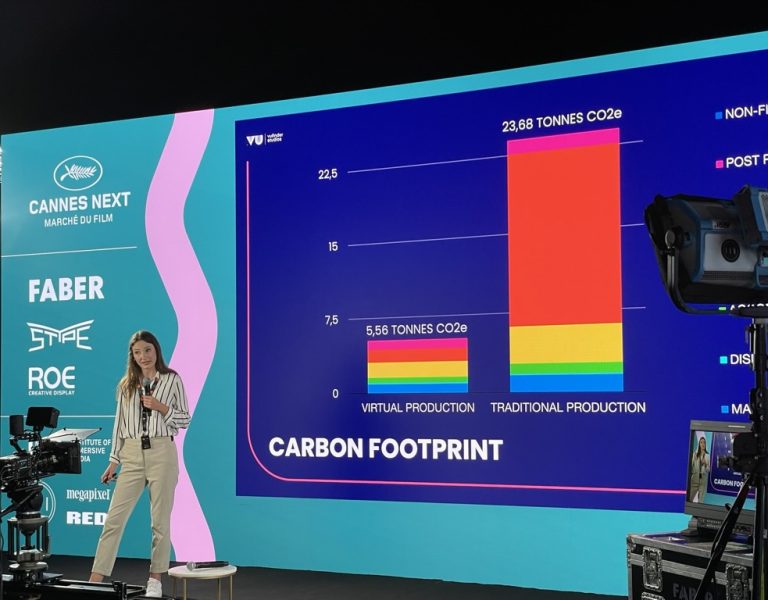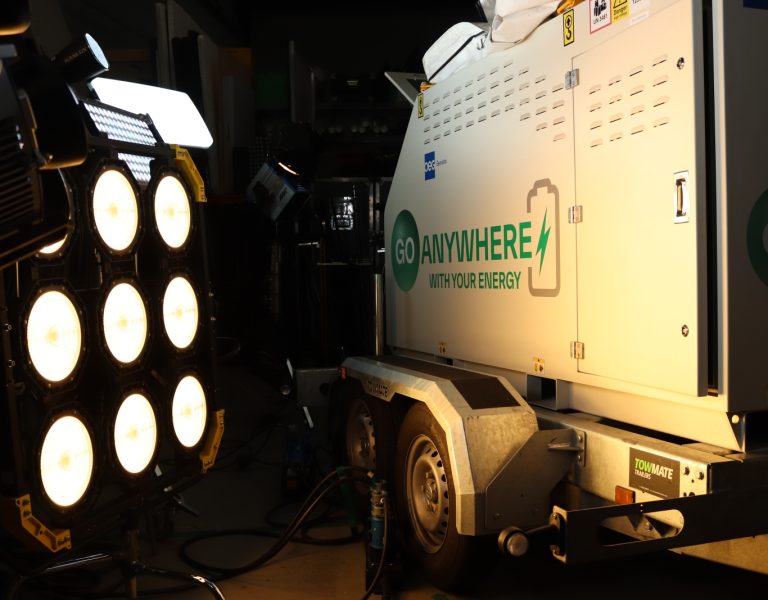MPB are urging photographers, videographers, and content creators to recirculate used kit.
MPB is the largest global platform to buy, sell and trade in used photo and video gear. It recirculated 570,000 cameras and lenses this year, extending the life and creative potential of visual storytelling gear. While its business model—buying, selling and trading used gear—is circular, it is going further by applying circular principles across its operations.
“We are committed to driving circular thinking and behaviour so that simply buying new is no longer the default option,” says Rachel Thompson, VP of sustainability, who leads the company’s sustainability strategy and performance reporting.
For example, all of MPB’s packaging is 100% plastic-free and fully recyclable. This year MPB has adapted its branded boxes to also be reusable. “We’ve also started an initial pilot of reusable hard case packaging for cine gear,” Thompson reports.
“We send zero waste to landfill. Across our five sites last year, we averaged 69% recycling of office and warehouse waste, including all paper, card and clean glass, cans and plastics, with the remaining ‘mixed waste’ processed into energy via incineration.”
MPB only hires third party couriers that are investing in fuel efficient electric fleets and sustainable biofuels. Next steps include aiming for 100% renewable electricity for all its buildings by 2025, up from 35% in 2023.
“Our goal is to reach net zero carbon for our buildings and data centres by 2030 and for our courier services by 2035,” she says. “This will also help to take us from ‘carbon-neutral’ through offsetting to ‘zero carbon’ for our operations.”
All of this – by the way – is tracked and accounted for in a comprehensive set of public Impact Reports. The company has also retained an overall A- rating in the 2023 Circulytics assessment, a tool created by the Ellen MacArthur Foundation for assessing circular economy performance and readiness.
“The tool shows we have more to do on external engagement and renewable energy; and we are incorporating these in our action plans for the next two years,” Thompson says. “Our focus on circularity also helps drive innovation and staff satisfaction.”
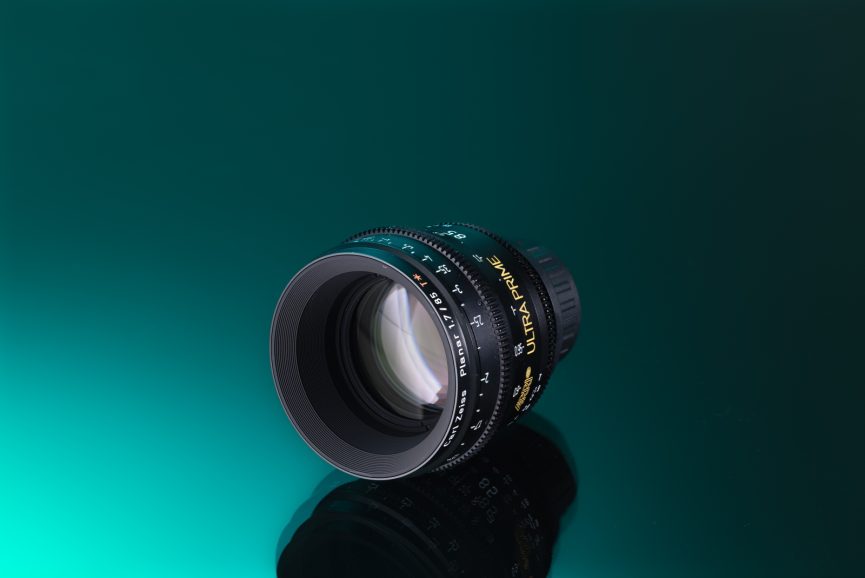
A circular economy
Circularity means designing products that are fit for a circular economy — one that eliminates waste and pollution, circulates products and materials, and regenerates nature.
It is a work/life philosophy that feeds into the growing awareness and appetite for green living, particularly among Millennials and Generation Z. MPB’s own research revealed that two-thirds (66%) of photographers of all age groups recognise that there is no need to purchase brand new kit because it is manufactured to be long-lasting – yet those under 35 are more likely to embrace the idea of buying used.
With 155,000 tonnes of electrical waste going to landfills each year in the UK, it comes as no surprise that this is among photographers’ concerns; more than half (56%) agree that e-waste is an issue that needs to be urgently addressed. MPB are urging photographers, videographers and content creators to recirculate unused kit and reduce the field’s contribution to the electrical waste problem.
“Putting quality used kit that’s been designed to last a lifetime back into the marketplace lowers the financial cost of good kit for the next user compared to buying new,” says Thompson. “It is just as important to put a halo on selling used and not only buying used. When you sell used kit, you’re really hitting that sustainability triple home run: making some money, doing good for the planet, and enabling another person to access affordable kit.”
Matt Barker, founder and CEO, says, “At MPB we are committed to being a sustainable company across the triple bottom line of people, planet and profit. For us, this means growth and innovation in the circular economy for visual storytelling kit, promoting inclusion and diversity in the workplace and in visual storytelling, and providing the largest, most trusted platform for our customers.
“This makes sustainability integral to strategy and day to day work. I’m proud that we continue to be a zero waste to landfill business, with robust recycling and reuse programmes, and packaging that is plastic-free, reusable and recyclable. This year we also formed the MPB sustainability committee which is tasked to ensure that we continue to work on these initiatives, and identify areas across the business where there is more to do.
“MPB will continue to innovate in these and other areas of circular and sustainable business, in 2025 and beyond.”
